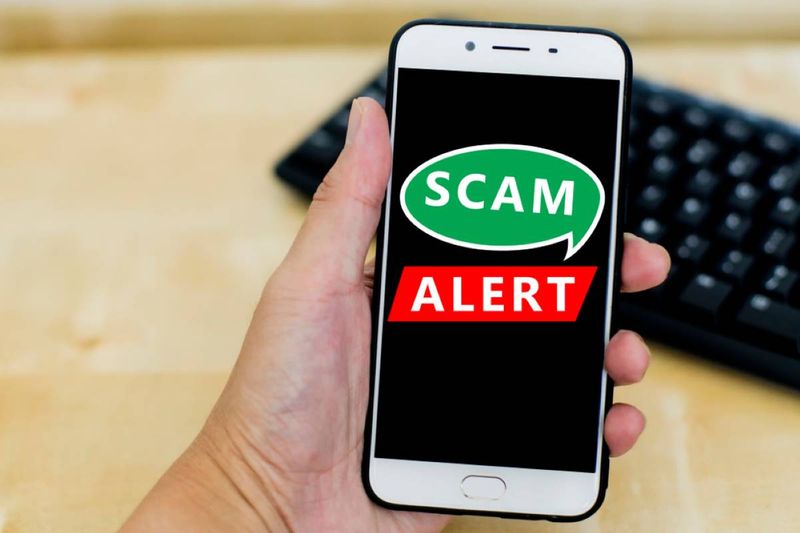With over 300,000 people having started their new life in Canada in 2019, fraudulent companies are using this as an opportunity to exploit innocent people who are seeking help with their Canadian visa applications. See below for a breakdown of email and telephone scams to look out for. As an added bonus, we’ve outlined the red flags to stay on high alert for that are usually indicative of a fraudulent company as well as how to know which immigration companies you can trust.
Telephone Scams
1. People Posing as The Government
One of the most common scams around Canadian immigration involves phone calls from a company that pretends to be the Canadian government. These calls are usually threatening in nature and are centred around a fine, deportation or even prison time if your ‘fees’ are not settled.
People Posing as an Immigration Lawyer
One of the other telephone scams to look out for is someone who calls you and claims that your immigration application is in trouble or that you’re at risk of not receiving your visa. Conveniently, they happen to be an immigration lawyer who can help you for a small fee. This is definitely someone you should steer clear of, as lawyers don’t go out commissioning their services to random people.
Email Scams
1. A Threatening Email Prompting You to Make a Payment
One of the most common email scams is one that alerts you about your immigration status or Canadian visa application. It jeopardizes your place in Canada unless of course, you pay the fee requested. This is not to be trusted, particularly because a credible company would never use alarming or scaring tactics to get you to pay a fee. In addition, look out if the payment link leads to non-banking apps like Moneygram, PayPal or Venmo.
2. An Email Requesting Your Personal Details
Another strategy utilized by fraudulent companies is one that requests your personal details. The reasons behind needing your details vary from scam to scam but usually involves needing to confirm your details so that your immigration status or Canadian visa application is not compromised.
Some Additional Warning Signs of a Canadian Visa Scam

In addition to the telephone and email scams mentioned above, there are some other red flags that would be indicative of a fraudulent immigration company. First, a poor website that is lacking in essential documentation like terms and conditions, has broken links as well as poor or outdated content. Next, a company that has a poor or non-existent presence on social media. Lastly, take a look at the reviews online. If people are talking and have nothing good to say, it’s advisable to find a different company.






